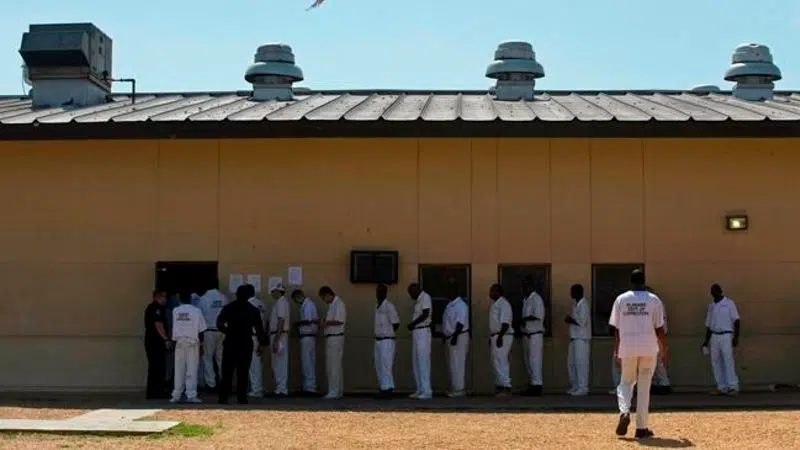
US condemns ‘broken’ Alabama prison system
MONTGOMERY, Ala. — Alabama has the nation’s deadliest prisons, where violence is “too common, cruel, of an unusual nature, and pervasive” the Department of Justice found Wednesday in a scathing report that said male inmates are housed in unconstitutional conditions.
During a single week in Alabama’s prison system, one inmate bled to death after being stabbed repeatedly as two others stood guard at a dormitory’s doors. Another stabbed inmate had to be evacuated by helicopter. A prisoner in a dorm reserved for those with good behaviour was attacked with a sock filled with metal locks.
The Justice Department said inmates endure an “extraordinarily high rate of violence at the hands of other prisoners,” with the number of inmate-on-inmate attacks spiking dramatically in the last five and a half years. The department gave Alabama 49 days to begin to correct the violations or possibly face a federal lawsuit.


